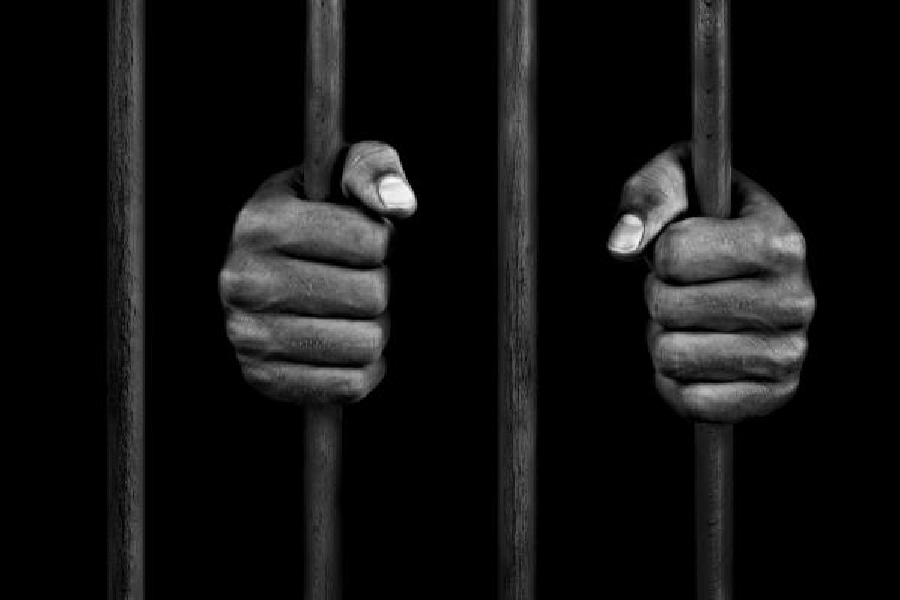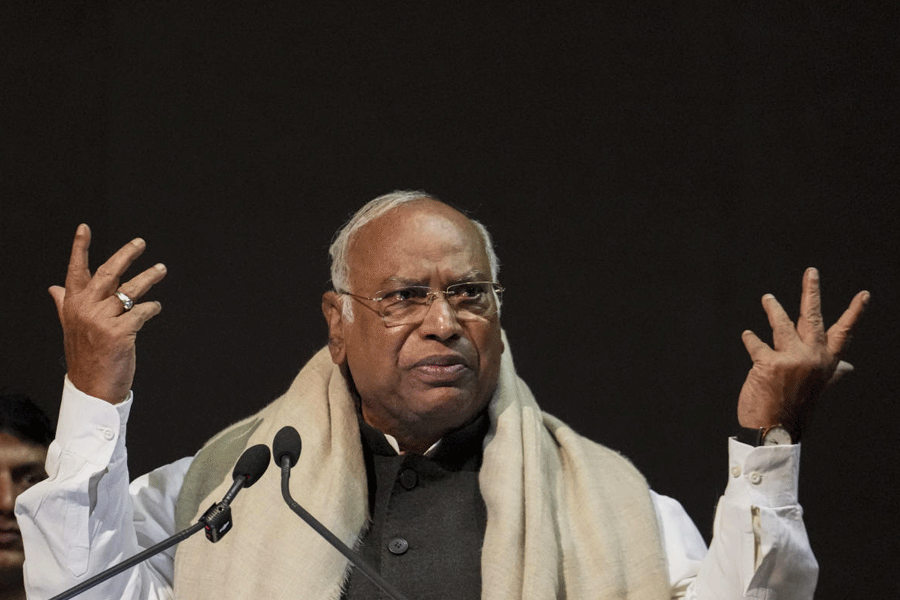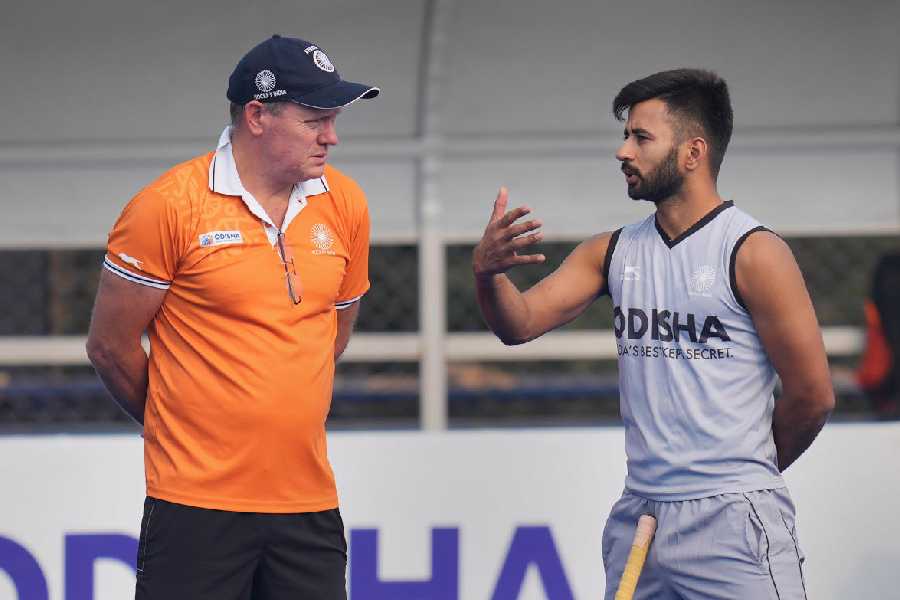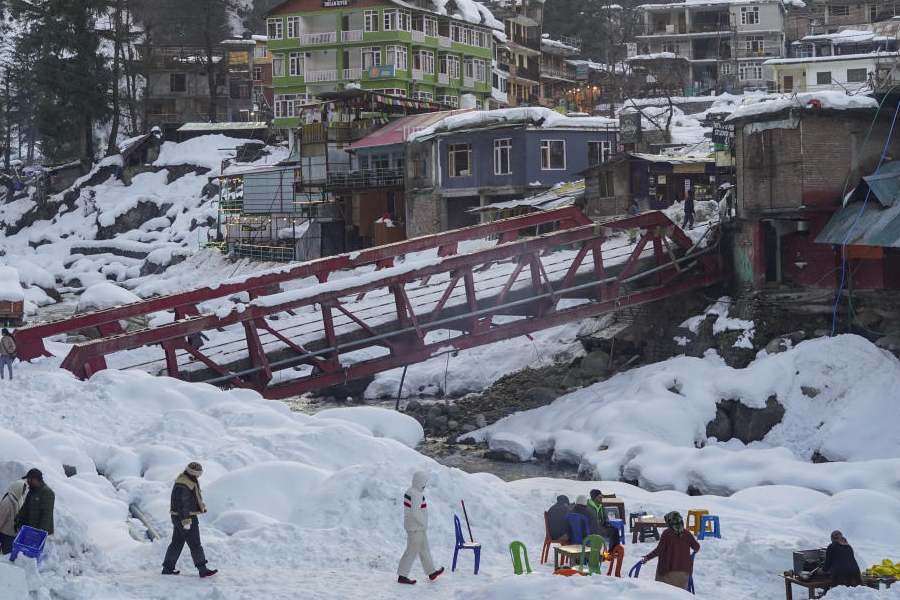I was taken to Tihar at night, after the jail was locked down. This was unusual. A lockdown means that every prisoner is in his cell and a head count of all the prisoners has been tallied against the numbers in the books. Since tallying the numbers with the books is a very important function — it is how they know if a prisoner has escaped — the jail rule is that no new prisoner is inducted after lockdown.
So there I was, one of the very few who entered Tihar after lockdown. At the time, male political prisoners were held in dedicated MISA wards meant for prisoners in preventive detention, or in wards meant for those charged under the Defence of India rules. Women poli- tical prisoners had a much harder time as they were kept with the general run of undertrial or convicted prisoners. Being an Indian prison, the jail also doubled up to house the mentally ill who had not found a place in mental asylums. The jail authorities did not take me to one of the MISA wards but one with non-political prisoners who were either undertrials or convicts.
...The cells were pretty basic, there’s no other way to describe them. Each prisoner had a slab of cement with a sheet and pillow. The lucky ones might get another sheet to cover themselves with. And in winter, we got a blanket. The “toilet” was part of the cell. Luckily, my cell was single occupancy.
The day was structured in a predictable way: you were let out in the morning and locked up at night. The lights were always kept on at night, we learned to sleep with them on…
In this ward, I was with some people convicted of relatively serious crimes, and others who were under trial, waiting for bail or not eligible for bail due to the severity of the crime. I don’t know whether there is any system of separating the undertrials from the convicts today, but at the time, it was a mixed population. For the mentally ill, it took another 25 years for Justice J.S. Verma, chairperson, National Human Rights Commission, to direct governments “...to ensure that mentally ill persons
are not kept in jail under any circumstances”.
This brings back a particularly poignant story I witnessed. Three Sikh gentlemen charged with murder were awaiting their verdict. They had decided to expiate their sin by doing good deeds and earning punya, in the hope that god would look kindly on them and they would not be convicted. They looked after a mentally ill prisoner who was blind and also couldn’t speak but only made some sounds. Perhaps the file of their good deeds didn’t reach god’s desk, for they were convicted...
There were some prisoners who were not really anti-government, but were being held as they were union leaders in an autonomous institution. The union was not politically affiliated to any party, and its leaders were close to the Congress. An officer in the institution who did not like their union activities had complained to the police that they were opposing the Emergency. Normally, they would not have been housed with common prisoners but with other political prisoners. They were at pains to explain to me that they did not wish to be lodged with prisoners from the political opposition, as they were not opposed to the Emergency; it was at their own request they were lodged with “normal” prisoners.
This case also exemplifies the nature of the Emergency. Prisoners included people who had been put behind bars just because some factory owner or someone in a government department happened to dislike a trade union or its leaders. All they had to do was say that the named person or persons were opposing the Emergency. The administration could then charge them with being anti-Emergency, and quite often that was enough to hold them under MISA, or the Defence of India rules. The latter was a somewhat better fate since it allowed some room to fight in court, though you would still be locked up for a while. As for those being held under MISA, the Supreme Court laid down in its ADM Jabalpur verdict of 1976 that we had the right to life and liberty but we could not move the court to enforce this right. All MISA orders were meant to be reviewed every four months. Of course, we all knew this review was a farce, in the way internal reviews of government decisions almost always are.
Even the brief experience of being locked up with undertrials and convicts was enough for me to understand a couple of things. One was that food was, in a sense, a “democratic” leveller. Everyone, but everyone, got really bad, almost inedible food. The other was that I saw first-hand the number of ways in which class protected people like me. I inspired a kind of respect simply because I was seen as “educated” and “political”: padha-likha ladka hai, political hai. Even in jail, we were protected by class, something that is not normal in most countries...
...Some of our fellow inmates knew how to cook, so the food was not bad at all, particularly for someone like me used to long periods of hostel food! P. Ghosh, the additional magistrate who had signed my MISA warrant, was for a short period also supervising Tihar Jail. He asked the jail superintendent to arrange a meeting with me. During our talk, he wanted to know how the food was, and I told him it was better than JNU hostel food. The jail superintendent was very pleased, till I explained, no, it was not a compliment to Tihar but a commentary on our hostel food.
Excerpted with permission from Keeping Up The Good Fight: From The Emergency Ti The Present Day; Published by Leftword Books











